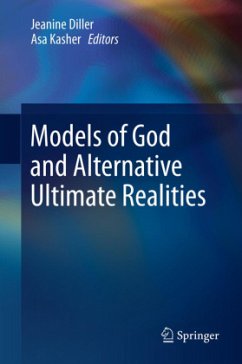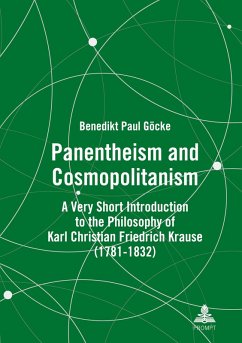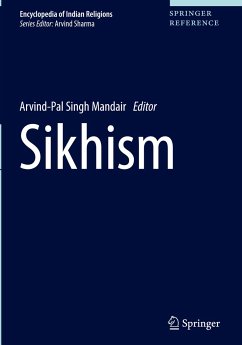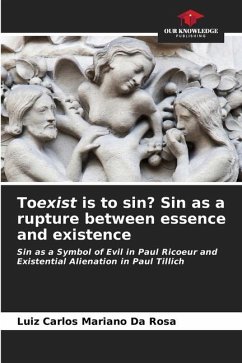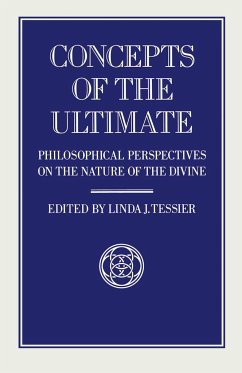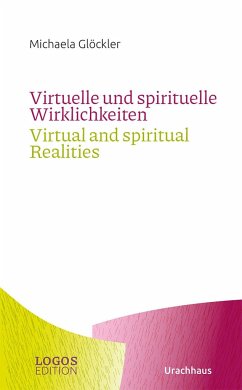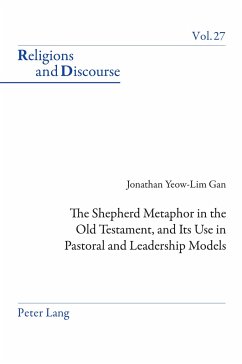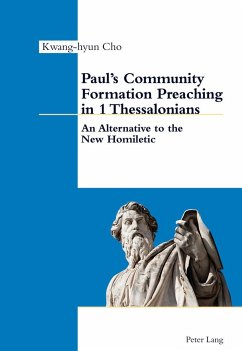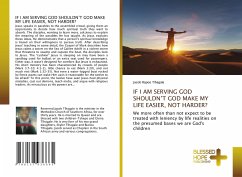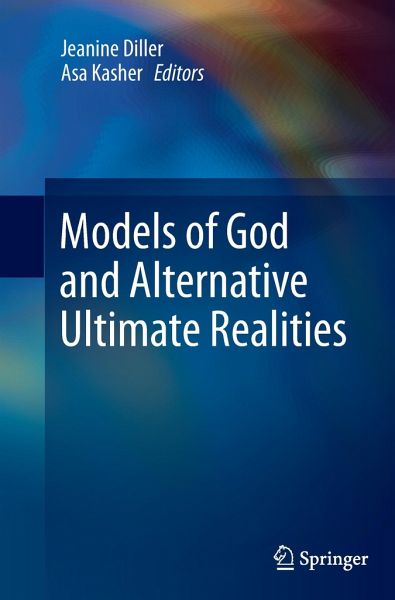
Models of God and Alternative Ultimate Realities
Versandkostenfrei!
Versandfertig in 6-10 Tagen
152,99 €
inkl. MwSt.

PAYBACK Punkte
76 °P sammeln!
The envisioned volume is a collection of recent essays about the philosophical exploration, critique and comparison of (a) the major philosophical models of God, gods and other ultimate realities implicit in the world's philosophical schools and religions, and of (b) the ideas of such models and doing such modeling per se. The aim is to identify exactly what a model of ultimate reality is; create a comprehensive and accessible collection of extant models; and determine how best, philosophically, to model ultimate reality, if possible and desirable.



